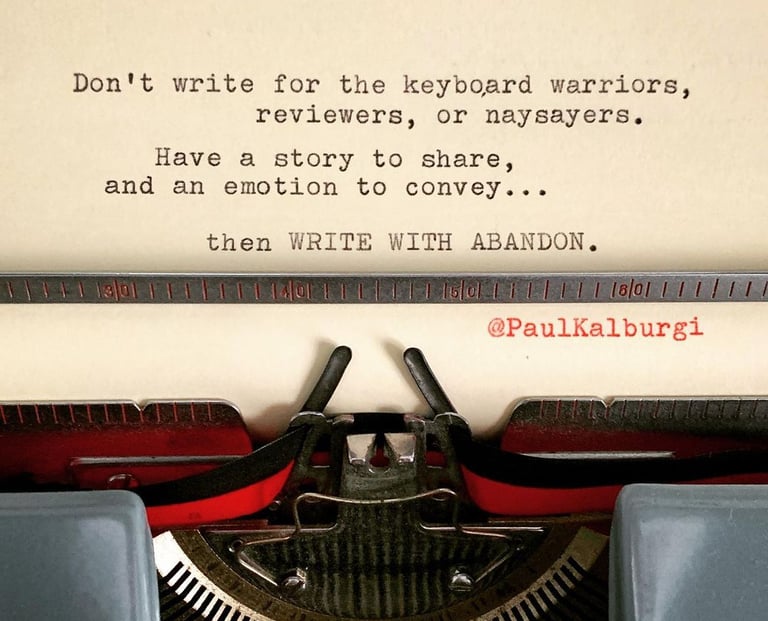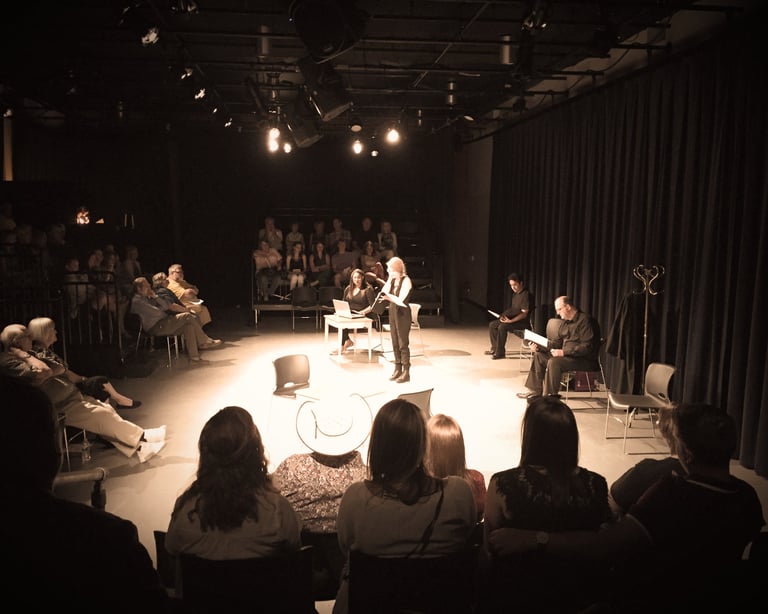Delivered as a ten-week evening class, my Introduction to Playwriting course is designed to be a stimulating and inspiring introduction to the craft of playwriting. Between practical group sessions and one-to-one tutorials, writers will complete a ten-minute play to be shared in a public reading at the end of the course.
Through weekly workshops, based on my book, The Writer's Toolkit, sessions cover the fundamental elements of playwriting; including dramatic structure, the creation and function of character, how to write dynamic dialogue, crafting a compelling plot, and much more. Outside of the group sessions, participants will apply the skills learned to write a ten-minute play. Each writer will benefit from two one-to-one online tutoring sessions to advance their script ahead of the public reading.
ABOUT THE COURSE
WEEK 1 - Getting Started / Dramatic Action
The first session explores some of the preparatory work that needs to be done before writing a play and asks fundamental questions of the writers... What is drama? What kind of writer are you? What makes your perspective unique and how is your voice original? Ahead of the next session, writers will begin to generate ideas for their ten-minute plays, considering thematic subtext or a central dramatic question.
WEEK 2 - Dramatic Structure on Stage
This session summarises some elements of structural theory - how to best shape material to maximise its dramatic potential. We will look at examples of dramatic structures from popular works, classical and contemporary, and explore the intentions of the writers behind them. Writers will leave with ideas for the shape and form of their own plays. Ahead of the next session, writers will begin to think about the worlds that they will create and the characters that will inhabit them.
WEEK 3 - Character
In week three we will look at different approaches to creating, and developing characters that are believable, relatable, distinctive and perhaps most important... that have a purpose. We will talk about how we can lean into our own unique life experiences in order to complicate our creations, writing fully-realised, multi-layered characters. Writers will leave with a clearer understanding of their own protagonist, and their protagonist’s relation to the other characters within the world of their play. Plus, an introduction to script formatting. Ahead of the next session, writers will begin to write the first draft of their own ten-minute plays.
WEEK 4 - Dialogue
This session examines the relationship between character, plot, and dialogue. We will study examples of dynamic dialogue in action, learning how the words our characters speak can best serve the dramatic need of the scene while building characters and effectively advancing the plot. Writers will continue to work on the first draft of their short plays.
WEEK 5 - Plot / Subplot
By unpicking the blueprints of scripted drama from different genres, we’ll discuss how dramatic structure, character and dialogue come together to serve the primary story. In addition, we’ll see look at how we can utilise secondary plots and characters to add further complications/obstacles, offer tonal shifts, and impart essential information. First draft deadline.
COURSE SCHEDULE
Online Tutorial #1 - Review 1st Draft
Ahead of the next session, writers will benefit from a fifteen-minute 1:1 online tutorial to discuss their first draft and make a plan to advance their next draft.
WEEK 6 - Setting / Immersive Writing
What’s in a location? This session will look at ‘arena as character’ by examining the effective choice of setting on stage in order to add layers of nuance and texture to our writing. In this session, writers will also enjoy an introduction to immersive writing techniques. Writers will continue to work on the next draft of their short plays.
WEEK 7 - Scenes on Trial
The best way to write good plays is to read good plays! Using the Scenes on Trial checklist from The Writer’s Toolkit, we will read and dissect a selection of modern play texts, identifying and discussing the key functions at play within the scenes in order to improve and inspire our own work. Writers will also discuss their assignment progress so far with the group. Second draft deadline.
Online Tutorial #2 - Review 2nd Draft
Ahead of the next session, writers will benefit from a fifteen-minute 1:1 online tutorial to discuss their second draft and create actionable steps for their final drafts.
WEEK 8 - Table Read
This session will provide an opportunity for the writers to be active listeners, hearing their scripts off the page for the first time. Writers will be encouraged to monitor the rhythm of their dialogue, the effectiveness of their characters, and the strength of their plot. Writers will take away notes from this session to advance the final draft of their short plays. Final draft deadline.
WEEK 9 - The Public Reading
The ten-minute plays written during the course are read by actors in a public 'music stand reading' in front of an audience.
WEEK 10 - The Business of Playwriting and Beyond
In our final session together, we'll delve into what it means to be a working playwright. We'll explore strategies for showcasing your work, how to get produced, the value of networking, and how to carve out your unique path in the theatre industry. We'll also discuss the enduring value of ten-minute plays as vital writing samples and festival submissions.
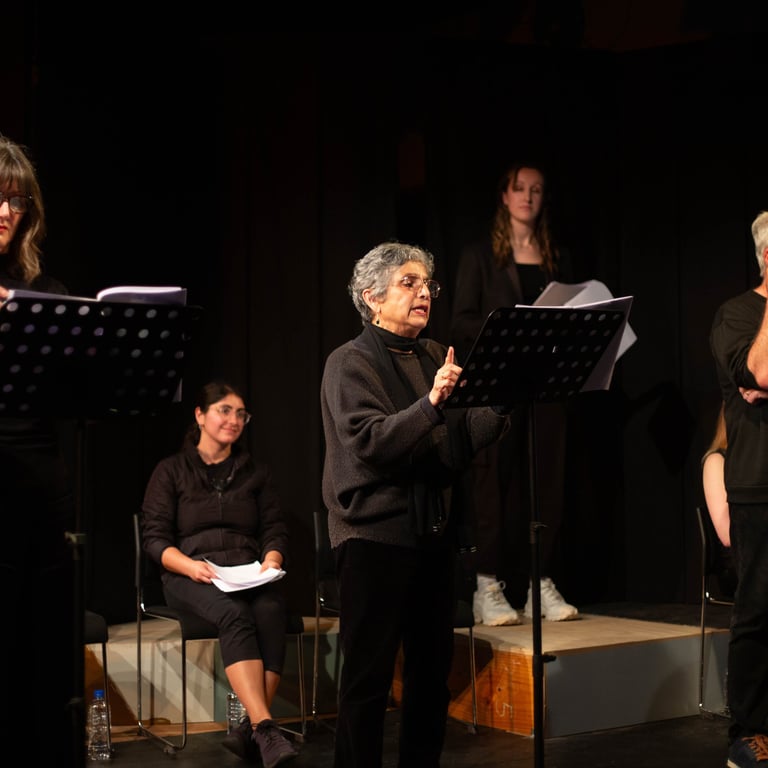
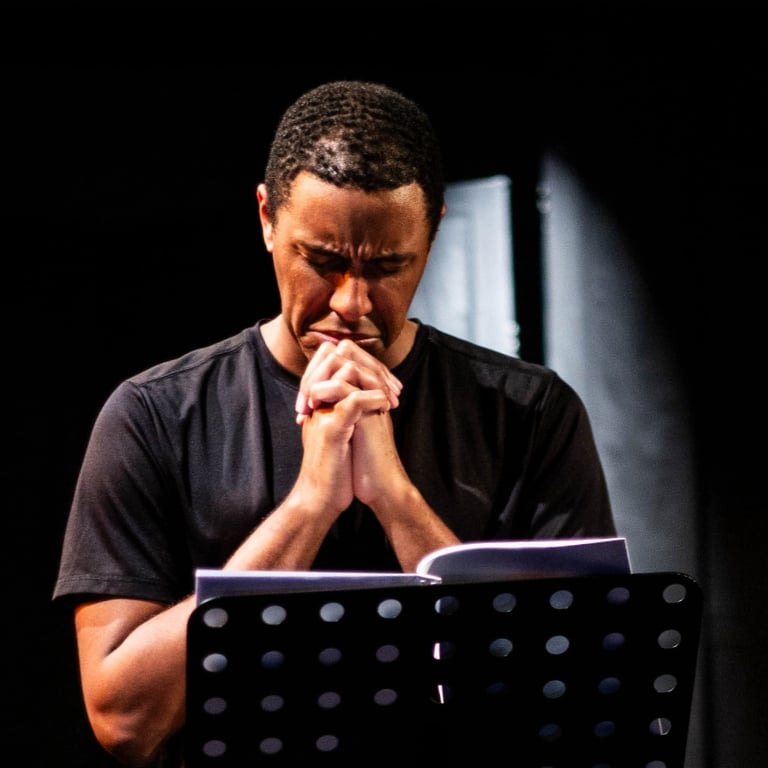
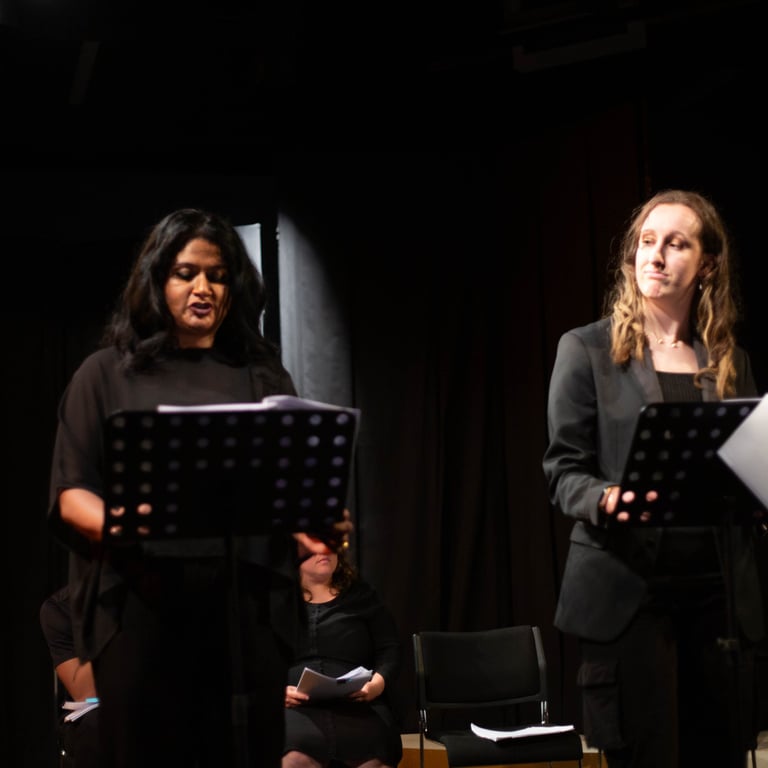
PARTICIPANT FEEDBACK
"Paul was superb at planning and instruction for each and every class. His concern for each student to be inspired and work hard was clearly evident. Those factors alone made the class enjoyable from the start."
Theatre Britain, Plano, USA
"Thanks so much for putting all of our plays on stage – I had a wonderful night. I really enjoyed the course and as a tutor, you're a natural. I'll definitely be making use of many of the exercises in the future and taking into account your feedback."
Chelsea Theatre, London, UK
“I loved the pace of the course... so much information, inspiration and guidance into a short and doable timeframe. It left little room to procrastinate or lose focus and was very practical in its approach. I felt it armed us with the tools and structure we needed to get things over the line and to dig into our minds and get them down on paper. It also gave me autonomy to just get on and go without questioning myself which has previously been a barrier.”
Howick Little Theatre, Auckland, New Zealand
"A great course, with a skilled and knowledgeable instructor. This will drive you to create plays, and better them!"
Theatre Britain, Plano, USA
"I couldn’t recommend this course more... Paul's wealth of knowledge is exceptional, and the fact you get a public play reading out of it as well is incredible. It also helped me immensely as an actor - the entire writing process through to the table read and public reading."
Howick Little Theatre, Auckland, New Zealand
"The last theory session on the business of playwriting was incredibly thorough and detailed and provided a unique perspective on writing you wouldn’t get in Aotearoa due to Paul’s experience working internationally. Well and truly, the whole course was so valuable, not to mention getting a public play reading too!
Howick Little Theatre, Auckland, New Zealand
